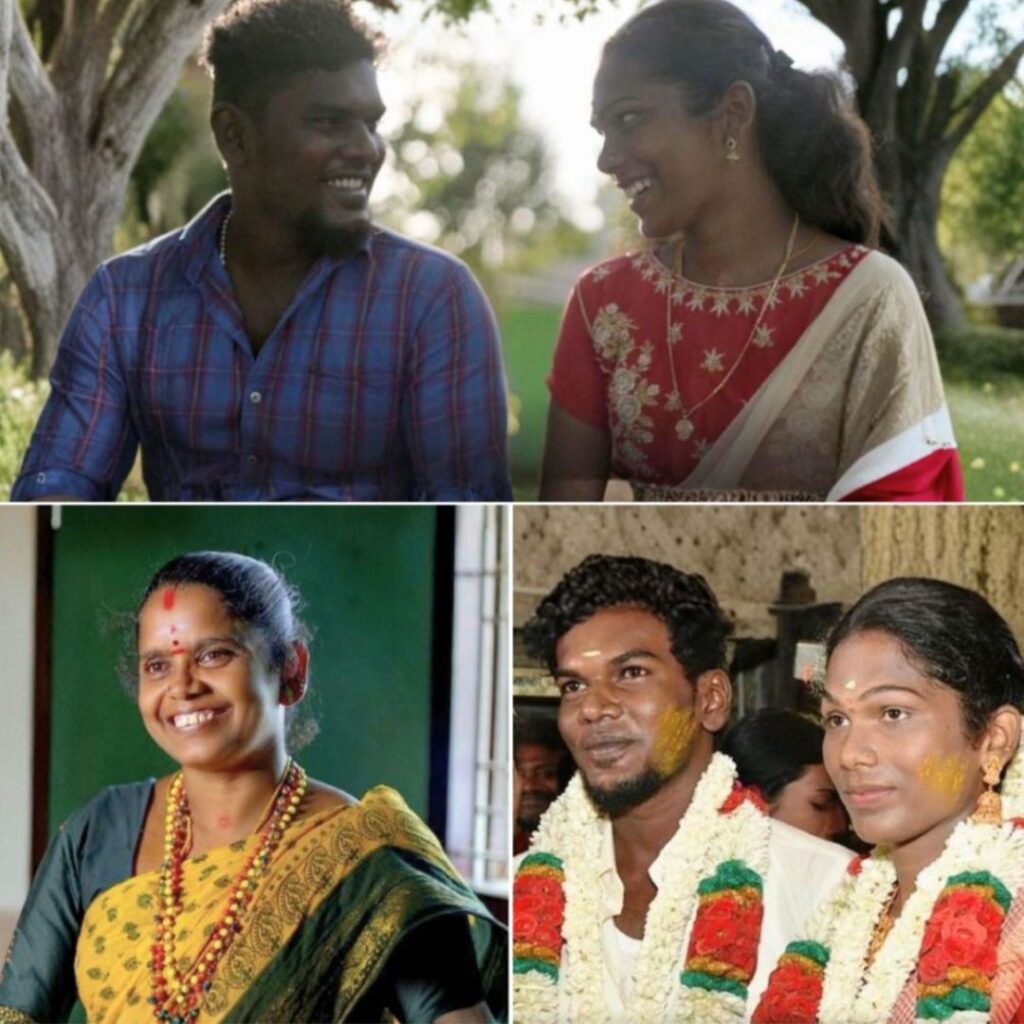India has been ranked at the 76th spot on the Social Mobility Index compiled by the World Economic Forum, which ranks 82 countries. Denmark has topped the charts.
The report, released ahead of the 50th Annual Meeting of the WEF, also ranks India among the five countries that are expected to benefit the most from a better social mobility rank. The rank is the measure of countries’ efforts in creating societies where every person has equal opportunity irrespective of the socioeconomic background.
Low wages and a lack of opportunity are slowing social mobility globally. Read our new report: https://t.co/UAve3pyyfw #wef20 pic.twitter.com/8kbJLFm1GE
â World Economic Forum (@wef) January 19, 2020
‘Creating societies where every person has the same opportunity to fulfil their potential in life irrespective of their socioeconomic background would not only bring huge societal benefits in the form of reduced inequalities and healthier, more fulfilled lives, it would also boost economic growth by hundreds of billions of dollars a year,’ the WEF said.
Social mobility is a vital source to tackle income inequality. According to the WEF, if 10 per cent of the population benefit from social cohesion, they would, in turn, boost the world’s economies by nearly 5 per cent by 2030.
The index measures countries’ social mobility on five key parameters, namely health, education (access, quality and equity), technology, work (opportunities, wages, conditions); and protections and institutions (social protection and inclusive institutions). It identifies fair wages, social protection and lifelong learning as major factors of social mobility globally.
India also ranks 41st in lifelong learning and 53rd in terms of working conditions. But the areas where India needs to work on immediately are social protection (76th) and fair wage distribution (79th).
The WEF report also stated that across the Global Social Mobility Index, only a few nations use the correct measures to foster social mobility.
The top five are all Scandinavian, while the five economies which stand to gain the most from increasing social mobility are China, the United States, India, Japan and Germany.
‘The social and economic consequences of inequality are profound and far-reaching: a growing sense of unfairness, precarity, perceived loss of identity and dignity, weakening social fabric, eroding trust in institutions, disenchantment with political processes, and an erosion of the social contract.’ Klaus Schwab, Founder and Executive Chairman of the WEF said.
Klaus further opined that the business and government must make a collaborative effort to create new ways to socioeconomic mobility. Thus, ensuring everyone has fair opportunities for success.
The Global Social Mobility Index mentioned in the report says that European societies are the most socially mobile in the world.
Among the world’s big emerging economies, the Russian Federation is ranked as the most socially mobile of the BRICS grouping, ranking 39th, followed by China (45th), Brazil (60th), India (76th) and South Africa (77th).
The report also explains how the most socially mobile economies share the importance of effective social policies that benefit communities as well as provide a platform for healthy, competitive economies. It urges for a new financing model for social mobility: Improving tax progressivity on personal income, policies for wealth concentration and rebalancing the taxation sources, can support the social mobility agenda.
Among other important factors, the report states the combination of public spending and policy incentives must be altered to put greater emphasis on the factors of social spending.
Managing Director, New Economy and Society, WEF, Saadia Zahidi, advised that improving social mobility must be the fundamental imperative of the new decade. ‘As long as an individual’s chances in life remain disproportionately influenced by their socioeconomic status at birth, inequalities will never be reduced,’ she said.
Also Read: India Among 25 Best Countries To Live, But Not Good For Raising Children Or Safety Of Women: Report












